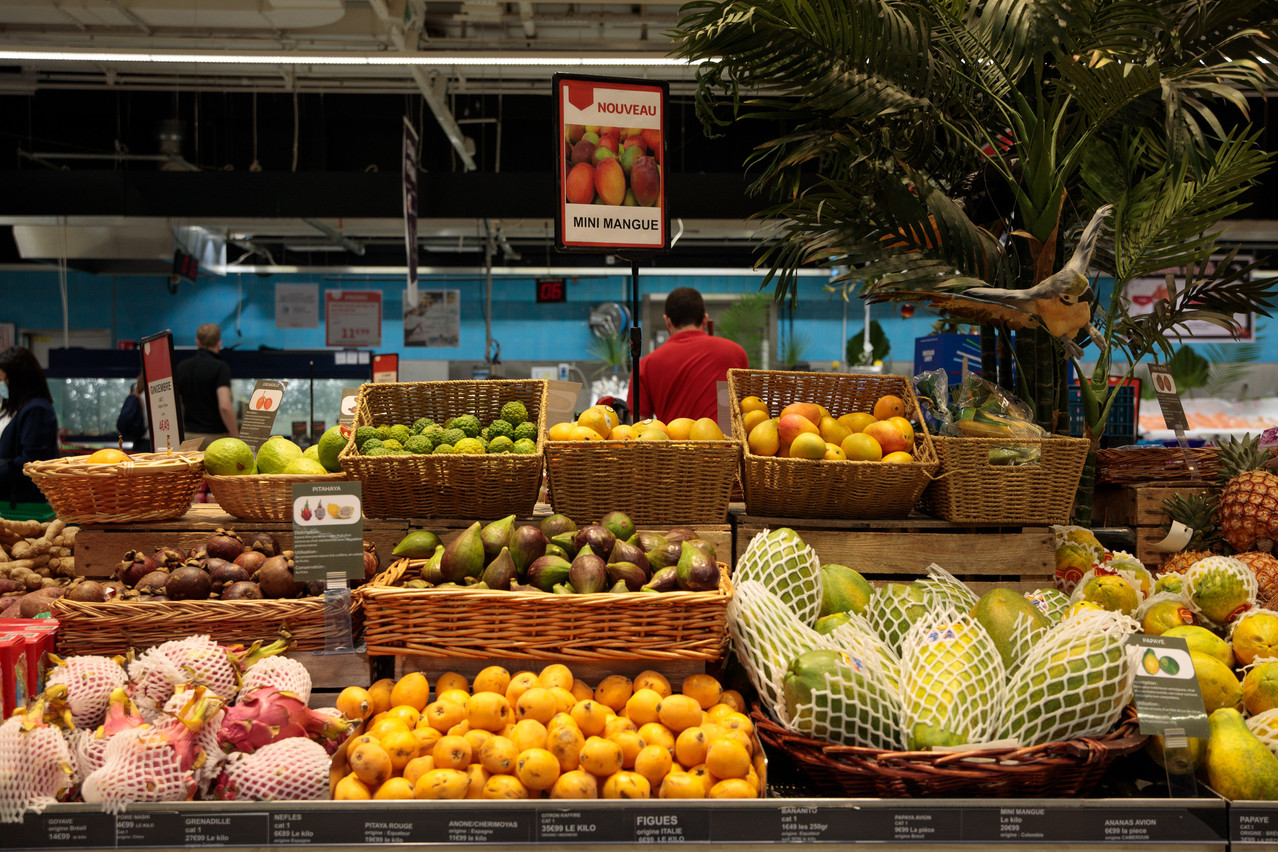According to the 2022 edition of the OECD published 5 December, Luxembourg’s health expenditure increased by 5.7% from 2019 to 2020 (compared to an average annual increase of 0.9% from 2013 to 2019). This spike after the start of the covid-19 pandemic was also observed in most European countries.
The report also found that 64% of people suffering from chronic diseases in Luxembourg had their care delayed or cancelled during the first six months of the pandemic.
But Luxembourg saw an increase in life expectancy between 2019 to 2021, to 82.8 years. It is the only country, with Norway, to observe an increase. Instead, the pandemic has been associated with a decrease in life expectancy of 1.2 years on average in the EU.
Progress to be made with health risk factors
That being said, 48% of adults living in the grand duchy do not eat fruits and vegetables daily (potatoes were excluded). 38% of people in Luxembourg eat one to four portions of fruits and vegetables daily; only 14% eat the recommended five or more portions per day. The Czech Republic, Latvia, Luxembourg and Romania have the highest proportion of people who eat zero portions of fruits and vegetables every day.
The report also found that 35% of adults in the grand duchy reported heavy episodic drinking in 2019, compared to the EU average of 19%. The figure for Luxembourg is among the highest in the EU; only Romania (36%) and Denmark (37%) reported higher rates. In addition, 19% of adults aged 15 and older in Luxembourg smoked cigarettes daily in 2021, equal to the average for EU countries.
In most EU countries, more than 50% of adults are overweight or obese--the EU average is 53% and the figure in Luxembourg is 48%. The lowest rates are in Italy (46%), France (47%), and Luxembourg (48%), while the highest rates are in the Czech Republic (60%), Croatia (65%), and Malta (65%). However, 20% of 15-19 year olds in the grand duchy were overweight or obese in 2019 (compared to 15% in 2014).
